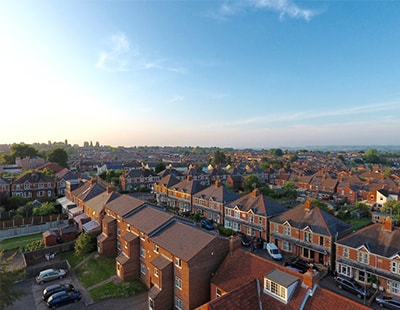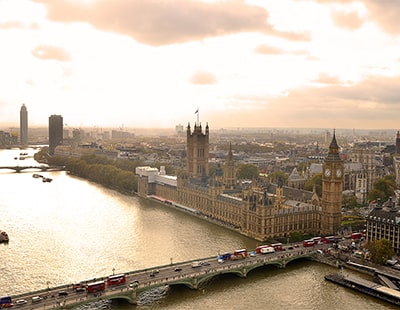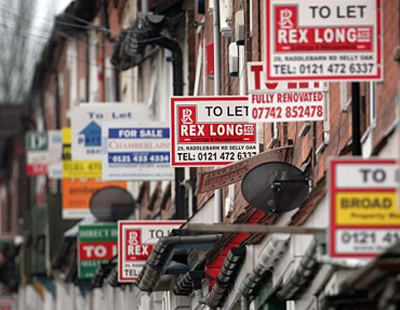The report finds that selective licensing is an effective tool when implemented properly, and identifies a range of areas where the operation or implementation of selective licensing schemes could be improved.
This includes, controversially, the possible introduction of a landlords register, a ‘light touch’ easier renewal of licensing regimes when they expire, and changes to the way licensing proposals are consulted upon.
A spokesperson for the Ministry of Housing, Communities and Local Government says: “Selective licensing has made a real difference to areas across the country. This report further demonstrates that with proper planning, consultation and implementation, these schemes can make a real difference to the quality of homes people live in. The report does highlight some important matters which require further consideration, and we will work with the sector to continue to understand their concerns before responding fully.”
“1. In its current form, selective licensing legislation precludes authorities from taking direct enforcement measures against landlords where issues of property condition (in particular significant hazards under the Housing Health and Safety Rating System) are discovered during a selective licensing inspection, despite licensing schemes often being introduced specifically to tackle such issues.
To address this, government should consider amending the mandatory licence conditions with which a landlord must comply to include a standard requirement on property condition that covers the absence of serious hazards, for example: ‘the landlord should ensure that the property is in such a condition as to comply with the condition obligation of a landlord under section 9A of the Landlord and Tenant Act 1985 to let and keep a property fit for human habitation within the meaning of section 10 of the Landlord and Tenant Act 1985’;
Authorities should be permitted to enforce directly against this condition if prescribed hazards which amount to the property not being fit for human habitation are discovered during a selective licensing inspection;
“2. Government should consider issuing best practice/guidance as appropriate to support local authorities and improve the implementation of schemes;
“3. Government should consider adding to the specific exemptions from selective licensing schemes where the case can be made; such as purpose-built student accommodation that follows a government approved code and non-profit charitable institutions that are not registered social housing providers;
“4. Appropriate criteria that engage validation by the Secretary of State for all designations above a certain level should remain in place at a similar level to the current ’20 per cent of the privately rented sector (based on figures from census data) or 20% of total geographic area’ threshold;
“5. Government should explore options for a ‘light touch’ process for authorities seeking to re-designate an area at the end of a period of licensing. This should apply where there is no substantive change proposed to the existing scheme; and should maintain a requirement for consultation;
“6. Government should consider introducing a national registration scheme for landlords to support and complement selective licensing;
“7. Government should explore alternatives to judicial review as the primary method of challenging a designation, as the process of judicial review can be prohibitively expensive;
“8. Government should consider reviewing requirements for advertising upon designation to ensure they are appropriate; this should reflect the reduction in the circulation of existing newspapers and the widespread use of social media and other electronic formats for the dissemination of information;
“9. Currently, in most cases, licenses are issued for a full five-year period regardless of the time remaining on the designation. Local authorities introducing new schemes should adopt the practice of charging the enforcement element of the licence fee on a prorated basis to allow this element of the charge to reflect the remainder of the designation period. This should only apply in cases where there is no evidence of a deliberate attempt to avoid applying for a licence;
“10. Currently there is an extensive mandatory list of questions that must be asked on any licensing application.Government should consider allowing local authorities to streamline the licence application process for landlords by allowing local authorities to include on the application form only those questions that they consider relevant to their specific scheme;
“11. Government should consider expanding the range of offences which can trigger a landlord failing the ‘fit and proper person’ test as part of an application for a licence to include breaches of planning law;
“12. Currently, local authorities with a selective licensing designation can investigate housing benefit and council tax data for the purpose of gathering intelligence about the private rented sector. Government should explore options for usefully expanding the range of data that can be shared with local authorities beyond this. This might include revising the appropriate guidance and legislation to take account of the introduction of universal credit.”













%20-%20IMAGE%20Client%20Accounting%20%E2%80%93%20what%20are%20your%20options.jpg)









Join the conversation
Jump to latest comment and add your reply
Government should keep back from the PRS as your killing it,,just look out and see how many properties for sale.
Despite LL selling up I have yet to see empty LA windows.
There are still too many rental properties chasing insufficient business.
When every LA has empty windows and no available rental property then it could be stated that the PRS has been greatly affected.
Which is why I believe the PRS could easily lose the 25% of it that is comprised of mortgaged sole trader LL.
Obviously a bit annoying for LL affected by S24.
But it seems that there is a surplus of rental properties.
So getting rid of mortgaged sole trader LL via S24 etc may just reduce the PRS to a more balanced equilibrium!
Please login to comment